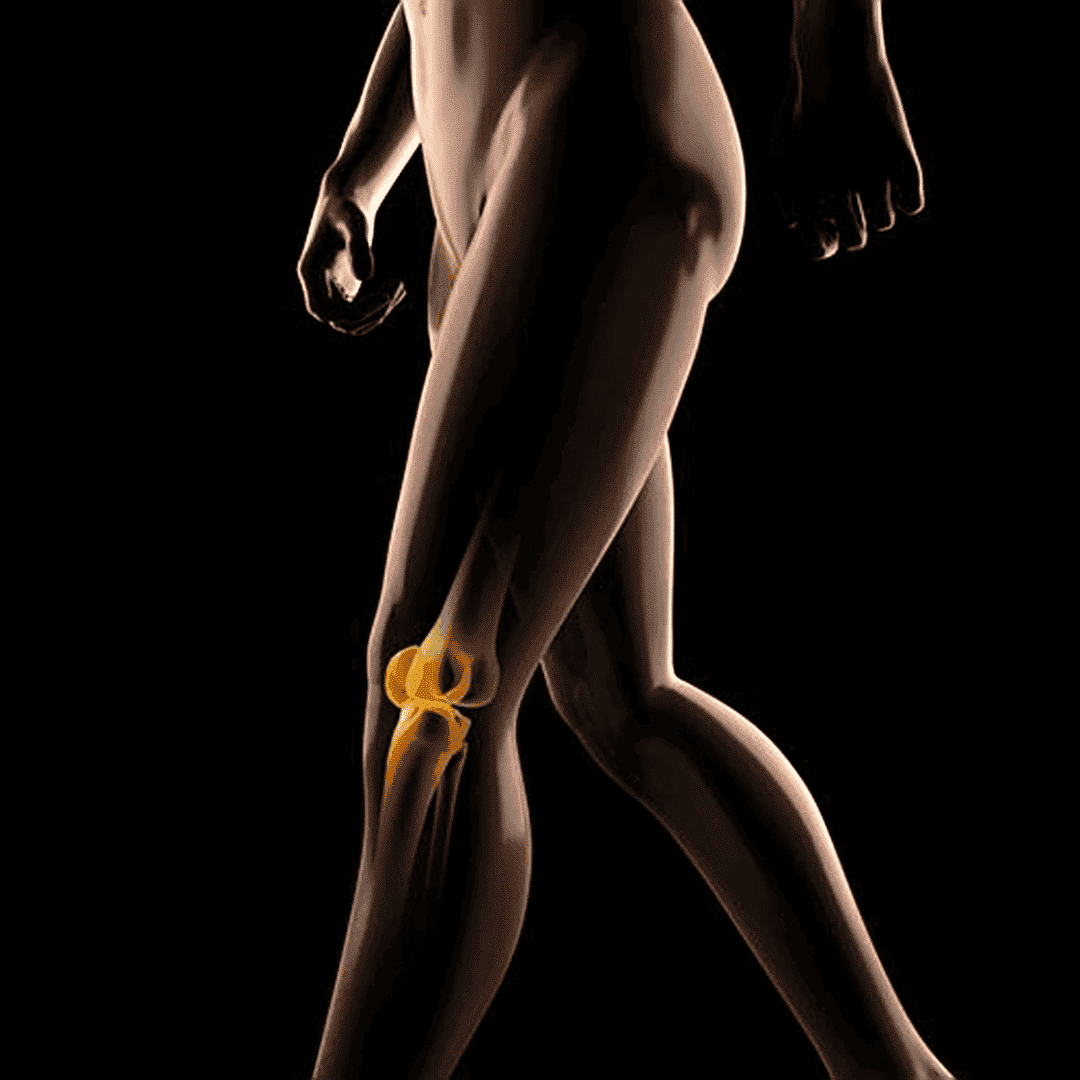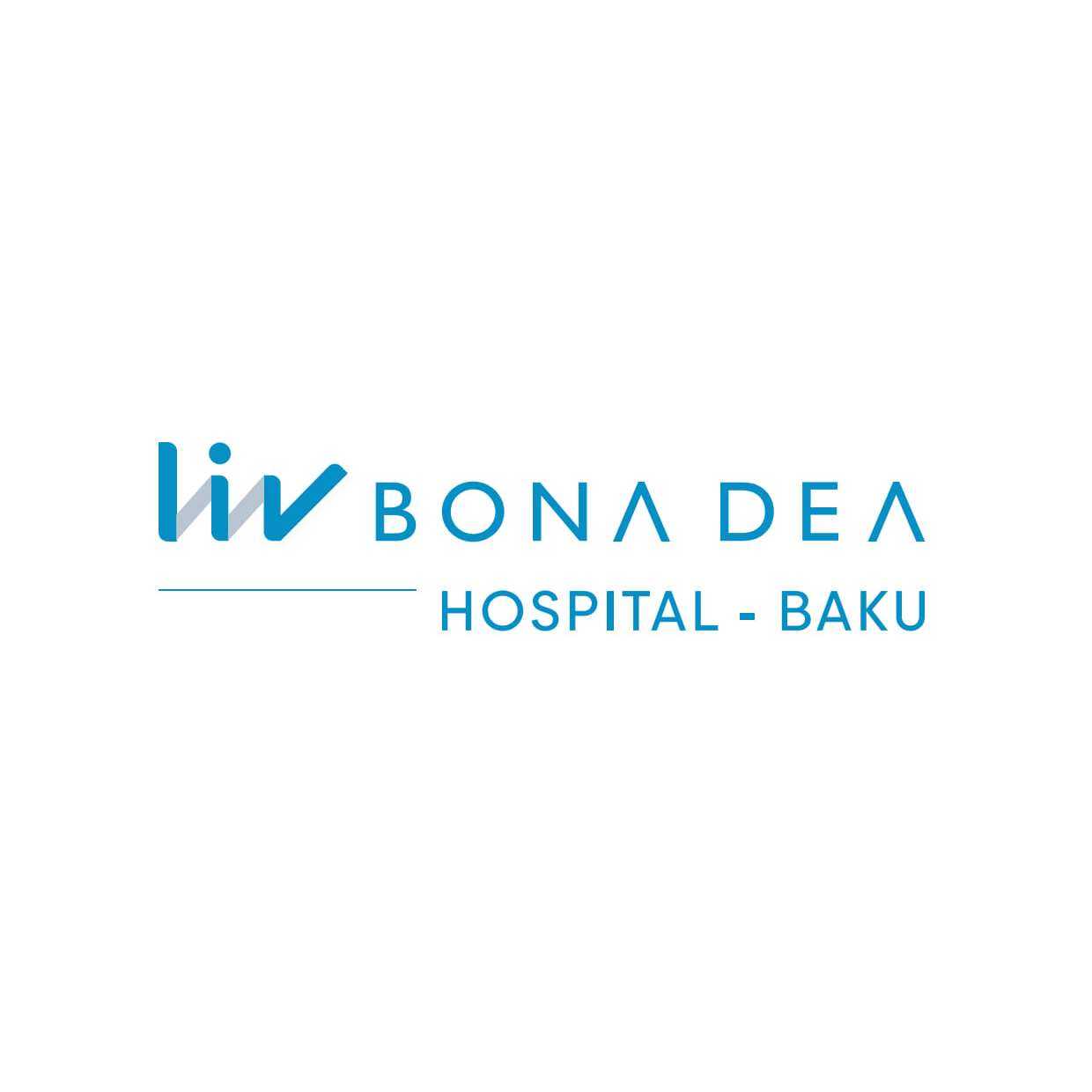A Guide to Knee Surgery Cost in Germany

Thinking about knee surgery can bring up a lot of questions, and one of the biggest is always about the cost. If you're considering heading to Germany for your procedure, you're likely wondering, "How much is this going to set me back?" The short answer is that the knee surgery cost in Germany is competitive, especially when you consider the high level of care you receive. Germany is world-renowned for its excellence in orthopedics, boasting some of the most advanced medical technologies and highly skilled surgeons on the globe. Patients travel from all over the world, not just for the fair pricing, but for the quality, precision, and outstanding results that German clinics consistently deliver.
In this guide, we'll break down everything you need to know about the costs associated with knee surgery in this leading medical destination. We'll explore the prices for different types of procedures, from total knee replacements to ACL reconstructions, and look at the various factors that can influence the final bill. Understanding these elements will help you see the incredible value offered by the German healthcare system and make an informed decision about your health. It’s not just about finding an affordable option; it’s about investing in a high-quality solution that will get you back on your feet and improve your quality of life for years to come. Let's dive into the specifics so you can plan your medical journey with confidence.
What is the average cost of a total knee replacement in Germany?
A total knee replacement is one of the most common orthopedic surgeries performed in Germany. The price range reflects the comprehensive care package that most top-tier clinics offer. This typically includes the surgery itself, the cost of the prosthesis, the surgeon's and anesthesiologist's fees, and the inpatient hospital stay. Germany is known for not cutting corners, so this cost ensures you receive a high-quality, durable implant from leading manufacturers.
When comparing costs, it's essential to look at what you're getting for the price. German clinics pride themselves on their state-of-the-art facilities, rigorous hygiene standards, and patient-centered care. The investment secures you a procedure in a facility that is likely certified (e.g., with an EndoCert) for its excellence in joint replacement, which is a testament to its high success rates and low complication rates.
How much does ACL reconstruction cost in Germany?
ACL injuries are common, especially among athletes, and Germany is a top destination for this type of restorative surgery. The cost covers the minimally invasive arthroscopic procedure, which allows for a quicker recovery time and less scarring compared to traditional open surgery. The price includes the surgeon's fee, use of the operating room, anesthesia, and a short hospital stay, which is usually around two nights.
The surgeons performing ACL reconstruction in Germany are often specialists in sports medicine and have extensive experience helping patients return to their active lifestyles. The use of advanced imaging and surgical techniques ensures the graft is placed with precision, which is crucial for the long-term stability and function of the knee.
What factors determine the final price of knee surgery?
Several key variables can affect the overall knee surgery cost in Germany. Understanding them can help you see where the value lies.
- Clinic and Surgeon: Renowned, university-affiliated hospitals or specialized orthopedic centers with highly experienced surgeons often have higher fees, but this is balanced by their proven track records and expertise.
- Type of Implant: The material and brand of the knee prosthesis play a significant role. High-flexibility, gender-specific, or custom-made implants cost more than standard ones but can offer better function and longevity.
- Surgical Technique: The use of advanced technology, such as robotic-assisted systems (e.g., Mako), can increase the cost but often leads to greater precision and potentially faster recovery.
- Hospital Stay: The duration of your stay and the type of room (private vs. semi-private) will impact the final bill.
Is a partial knee replacement cheaper in Germany?
A partial knee replacement is an option when arthritis is confined to only one compartment of the knee. Because it's a less extensive surgery that preserves more of the natural bone and ligaments, it typically has a lower price point. The procedure involves a smaller implant and often a shorter hospital stay, which contributes to the reduced cost.
This procedure is an excellent example of the personalized approach taken by German orthopedic clinics. Rather than a one-size-fits-all solution, surgeons will recommend the most conservative and effective treatment for your specific condition, which can also be more cost-effective.
What is included in the initial cost estimate?
German hospitals are known for their transparency. When you receive a quote, it will typically be an all-inclusive package for the medical services related to the surgery itself. This usually includes:
- The surgical procedure and operating room costs.
- Standard anesthesia.
- The cost of the standard knee prosthesis.
- Inpatient care, including meals and nursing, for the standard recovery period (e.g., 5-7 nights for a TKR).
- Basic laboratory tests and examinations during your hospital stay.
It's always important to confirm exactly what is included in the quote you receive. Reputable clinics or medical tourism agencies will provide a detailed breakdown to avoid any surprises.
Are there hidden costs I should be aware of?
While German clinics are transparent, certain costs are naturally separate from the surgical package. You should budget for:
- Pre-operative Diagnostics: If you need an MRI, CT scan, or extensive consultations before a final treatment plan is made, these are billed separately.
- Post-operative Rehabilitation: Inpatient rehabilitation or extensive physiotherapy after your hospital discharge is a separate service and highly recommended for the best outcome.
- Medical Aids: Items like crutches or special knee braces may not be included in the surgical price.
- Travel and Accommodation: For international patients, flights, and any hotel stays before or after hospitalization are your own responsibility.
Why is German orthopedic surgery so highly regarded?
The reputation of German orthopedic surgery is built on a foundation of quality and precision. Surgeons undergo one of the longest and most demanding training programs in the world. This ensures they are not just skilled but are also involved in the latest research and surgical techniques. Furthermore, German hospitals invest heavily in cutting-edge technology, from advanced imaging systems to robotic-assisted surgical arms, which enhances precision and safety.
The country's healthcare system emphasizes certifications and quality control. For instance, the EndoCert initiative ensures that joint replacement centers meet stringent requirements regarding surgical volume, patient outcomes, and quality of care. This focus on measurable quality is a key reason why patients trust Germany for complex procedures.
How do I choose the right clinic in Germany?
Choosing the right clinic is crucial for a successful outcome. Here are a few things to consider:
- Specialization: Opt for a clinic that has a dedicated center for orthopedics or joint replacement. High surgical volume often correlates with better results.
- Certifications: The EndoCert seal is a reliable indicator of a top-tier joint replacement center. It signifies that the clinic adheres to the highest standards of quality and safety.
- Surgeon's Profile: Research the experience and qualifications of the orthopedic surgeons. Many top doctors in Germany are internationally recognized for their contributions to the field.
- Patient Testimonials: Reviews from previous patients can provide valuable insight into the patient experience and the quality of care at the clinic.
What types of knee implants are used in Germany?
The quality of the implant is just as important as the skill of the surgeon. German hospitals do not compromise on this. They use prostheses that are well-established and have a proven track record of longevity, often lasting 20 years or more. The choice of implant will be discussed with you and is based on factors like your age, activity level, and bone quality.
The market offers a wide range of options, including high-flexibility implants that allow for a greater range of motion and gender-specific designs that better match the anatomy of male and female knees. This commitment to using the best available materials is a core part of the high knee surgery cost in Germany and ensures a lasting, successful outcome.
What is the success rate for knee replacements in Germany?
Germany's meticulous approach to orthopedics leads to some of the best success rates in the world. The focus on pre-operative planning, precise surgical execution, and comprehensive post-operative care minimizes the risk of complications like infections or implant failure. Patients can feel confident that they are in a healthcare system that prioritizes long-term positive results.
The longevity of the implants used also plays a crucial role. With proper care and rehabilitation, a knee replacement performed in a top German facility is expected to function well for decades, allowing patients to return to a full and active life.
How long will I need to stay in the hospital?
The length of your hospital stay is determined by the complexity of your surgery and your initial recovery progress. During this time, you will be monitored by a team of doctors and nurses. Pain management will be a priority, and you will begin physiotherapy very soon after the operation, often on the same day or the next. This early mobilization is a key part of the German approach to recovery and is crucial for preventing complications and ensuring a good outcome.
What does the rehabilitation process involve?
Rehabilitation is considered just as important as the surgery itself. The German healthcare system places a strong emphasis on structured, professional rehabilitation. After being discharged from the surgical hospital, many patients transfer directly to a "Reha-Klinik" for a period of 2-3 weeks. This provides an intensive, daily regimen of physiotherapy in a dedicated facility.
This service is typically a separate cost from the surgery but is highly recommended. It accelerates recovery and ensures you learn how to properly use and care for your new knee, leading to better long-term results. The cost for inpatient rehabilitation can range from €400 to €700 per day.
Can I get a cost estimate before traveling to Germany?
The process for international patients is well-established. You will be asked to provide your medical history and relevant diagnostic images. A German orthopedic specialist will review your case and propose a treatment plan along with a detailed quote. This allows you to understand the expected costs and what they cover before making any travel arrangements. This transparency is a cornerstone of the service provided to international patients.
How does the cost in Germany compare to the US or UK?
In the US, a total knee replacement can easily cost $40,000 to $60,000 or more, making Germany a far more affordable option without sacrificing quality. When compared to the UK, the prices might be closer, but many patients choose Germany for its specialized clinics, shorter waiting times, and reputation for orthopedic excellence. The key takeaway is that the knee surgery cost in Germany provides an outstanding balance of price and world-class quality.
What is the process for an international patient?
German clinics are very experienced in handling international patients. The typical process is as follows:
- Initial Contact: Reach out to the clinic or a facilitator like PlacidWay.
- Medical Review: Submit your medical documents for evaluation by a German specialist.
- Receive Quote: Get a detailed treatment plan and cost breakdown.
- Schedule and Pay: Confirm your appointment and handle the payment, which is usually required in advance.
- Travel and Treatment: Travel to Germany for your pre-operative consultation and surgery.
- Recovery and Rehab: Complete your hospital stay and, ideally, an inpatient rehabilitation program.
- Return Home: You will be provided with a final medical report and instructions for your continued recovery


.png)


-Treatment-Package-in-Izmir,-Turkey.png)
-Treatment-Package.png)
.png)
.png)
.png)
.png)





Share this listing